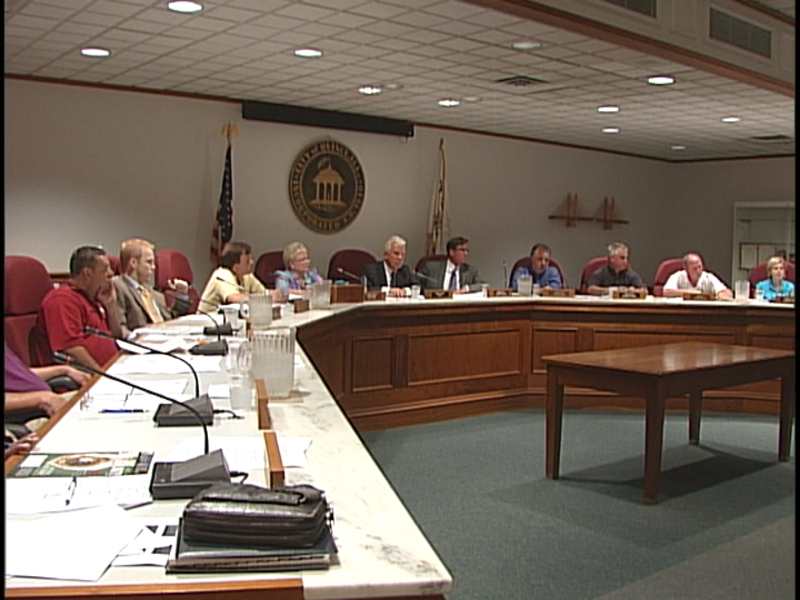
Introducing the Quincy crash tax
by Michael Graham
DNN Staff - EXCLUSIVE!
Thursday, Aug. 19. 2010
Remember “you get what you pay for?”
In Quincy, it’s “you paid for it, but you don’t get it.”
By a 9-0 margin, the Quincy City Council just passed a “crash tax,” charging taxpayers for some emergency services when they crash their cars on city streets. Need a fire truck to respond to your wreck? That’ll be $500 per hour, please. Heavy rescue equipment? That’s $600/per. A “command vehicle” so an officer can make sure you’ve got full coverage to pay all these fees? $200 an hour.
Not including the cost of the Dunkin’ Donuts run.
The City Council says they’re only going to charge in cases where drivers acted “negligently, recklessly or maliciously.” But they also admit that these fees have absolutely nothing to do with discouraging reckless driving or improving public safety. It’s all about the cash - $250,000 a year, to be precise.As the Patriot Ledger reports, “the fire chief is counting on $250,000 in revenue from such fees to balance this year’s $17.8 million fire department budget.”
That fire chief, Joseph Barron, just got a $16,000 raise and an $18,000 back pay bonus, by the way.
I’m not saying that Chief Barron doesn’t deserve it. I’m also not saying that the 129 Quincy cops who earned 100 grand or more in 2008 - 64 percent of the entire force - didn’t earn their money, either.
What I’m saying is that when a Quincy taxpayer ponies up his average household property tax of $4,373 a year, he should expect these employees to show up with a hose and a stretcher - not an invoice and a credit card machine.
That average tax bill, by the way, has gone up more than 80 percent since 2000 - more than twice the rate of inflation. And it’s not just in Quincy. Economists at George Mason University report that overall spending at the state and local level has gone up twice as fast as the private sector nationwide in the same period.
And who’s paying for all that spending? You, of course.
According the the Bureau of Economic Analysis, state and local workers earn more in both wages and benefits than you do. The U.S. Bureau of Labor Statistics reports that private-sector suckers worked an average of 2,050 hours in 2008, while government payrollers worked just 1,825 - 12 percent less.
To put that in concrete terms, by the time you clock out at 6 p.m., your government counterpart has been home watching Oprah for an hour.
But if you doze off on the evening commute and cause a wreck and expect a “public service” employee to come to your aid, you’d better have your checkbook ready.
Paying for fire protection? That’s covered by your taxes. Actually getting a fire truck to show up? Sorry, pal, that costs extra.
Interestingly, Quincy’s actually a paragon of fiscal frugality compared to many other Massachusetts municipalities. Over in Milton, for example, their property taxes just went up $712 last year alone (a stat proudly touted on Quincy’s Web site).
Quincy teacher, fire and police unions agreed to a pay freeze that allowed last year’s residential property taxes to remain flat, which is great. But that’s mostly due to the drunken-sailor levels of spending they’ve stuck taxpayers with the past 10 years.
Taxpayers have had enough, and if government workers don’t get that message, they’re headed for an economic wreck of their own.
crash tax legislation for revenue purposes.
(DNN Staff photo)
Donnie Howie Michael Bill




Unlike the others, we tell you what's really happening.


No comments:
Post a Comment